By Akinsola Dele
Nigeria’s Diamond Jubilee has, auspiciously, coincided and by Divine arrangement with the year that the first two digits match the second two digits; a special and unique year – 2020. The next year that will follow this magical pattern is 2121 which will take another 100 years for it to evolve.
Nigeria, endowed with world-class human capital, natural resources, tropical forests, scenic savannah, varieties of landscapes, perfect climate, not freeze cold or oven hot, beaches, mangrove forest in the delta is once again the cynosure of the continent and the world for attaining the milestone.
Abuja, the nation’s pride and capital, boasts of intriguing landmarks of world-class and a few of our cities and capitals such as Lagos, Calabar, Port Harcourt, Uyo, Jos, Kano, Asaba, Kastina, Owerri, Enugu among others which have quite a number of cultural offerings and landscapes of scenic splendor for travellers, tourists, visitors and businessmen and women.
As a result of the uniqueness and peculiarity of the triple score, the government and people of Nigeria should burst with excitement and commemorate the occasion of a life time as the majority of the current generation may not be around to celebrate the nationhood in 2121. The 60th anniversary presents a double-barrel or multi-barrel celebration; first, for a united nation in spite of vicissitudes, challenges, civil war and other potent threats including centrifugal forces. Some nations, naysayers, doomsday prophets, cynics and captious critics had predicted the disintegration and balkanization of the Nigerian state before now but our diversities have become our strength.
The lyrics of the National Anthem are instructive and apposite about the indissolubility of the country — “ Arise, O compatriots, Nigeria’s call obey. To serve our fatherland, With love and strength and faith. The labour of our heroes past, shall never be in vain. To serve with heart and might, One nation bound in freedom, peace, and unity’’.
Second, as a nation for surviving economic recessions and mobilizing effectively toward flattening the COVID-19 curve in the anniversary year with minimal casualties.
Leading Nigeria with its chequered history at this time on a year-long activities commemorating this millennium event is the man on whom history and destiny beckons who was part of the military intervention(s) in the politics of the country and now a champion and defender of democratic Nigeria.
Muhammadu Buhari is the man whom the cap fits, the sixth democratically elected President of Nigeria and the chief celebrator. In our national trajectory of triumphs, achievements, failings and tragedies, definitely we have cause to celebrate. Just as President Buhari joined world leaders in congratulating the United Nations at 75 for remaining committed to founders’ aspirations of fostering global peace and security among others, Nigeria has not done badly in following the path of national growth and development and therefore, the “labour of our heroes and founding fathers past has not been in vain.’’
On October 1, 2015 in Abuja in his first independence day address to commemorate the nation’s 56th anniversary after his inauguration on May 29, 2015, Buhari assured Nigerians that he would engender a systemic change in all facets of life but threw a gauntlet: “We must change our lawless habits, our attitude to public office and public trust. We must change our unruly behavior in schools, hospitals, market places, motor parks, on the roads, in homes and offices.’’ His clarion call was to rally the citizenry to make the necessary sacrifices, allow peace to reign and join the forces to salvage and transform our nation.
President Buhari has since at the outset unleashed on the nation his far-reaching policies and programmes to accomplish the task of rebuilding the country through concerted effort, soliciting peace, unity and national cohesion for national progress. Truly, he has touched every facet of national life, building modern rail system, roads and other infrastructure and fighting head-on and headlong the national scourge – corruption and graft as well as insecurity.
The 60th anniversary celebration is a remarkable milestone in the annals of our nation as it affords us as a people the opportunity to review our progress and challenges as well as chart the course for our future. A celebration in the service of our fatherland: from vision to actualization and reality, from commitment to continual nation building, from progress to progress.
Having walked the tight-rope of political instability and military interregna with national values corrupted and eroded, citizens denied political freedoms, individual protection amid ethnic discrimination, Nigeria re-launched itself into democracy and is fast regaining its position as a role model in Africa, restoring democracy in countries that had suffered military junta’s adventurism.
Africa’s most populous nation of more than 200 people has evolved as a brand on the continent and internationally, thus becoming a regional power bloc and a respected voice in the comity of nations. Of a truth, 60 years is nothing compared to advanced democracies and nations with 100 or 200 years of nationhood but nonetheless it is significant to continue to leapfrog on the frontiers of nation building and development.
Virtually in every sector of national life, Nigeria has recorded some giant strides particularly in the Buhari administration worthy of celebration. But the government, in its wisdom, has opted for a low-key celebration.
According to Information and Culture Minister Lai Mohammed in a programme of events lined up by the Federal Government for the anniversary, it will devoid of pomp, glitz, buzz and extravagance. At a joint news conference by the Ministers of Communication and Digital Economy, Isa Pantami and the Minister of Humanitarian Affairs who are members of the Branding Committee of Nigeria at 60, Muhammed blamed the low-key celebration on the COVID-19 pandemic which, he noted, had imposed some safety protocols on nations across the world.
He, however, indicated that Nigeria’s Diamond Jubilee will be celebrated throughout a whole year from September 25, 2020 to September 30, 2021 with different staggered events during the period apart from the activities announced for September 25 to October 1, 2020.
The week-long programme will kick off with a public lecture on Friday September 25, 2020 at National Mosque Conference Hall, Abuja at 10.00am; Special Jumat Prayers on Friday, September 25 at National Mosque, Abuja, at 1pm and an inter-denominational Church service on Sunday, September 27, 2020 at National Christian Centre, Abuja at 3pm.
A landmark event of launch of the National Ethics and Integrity Policy as well as Integrity Award by President Buhari to commemorate the 20th anniversary of ICPC will hold on Monday, September 28 at State House, Presidential Villa, Abuja at 10.00am.
Other activities are a Historical Exhibition also scheduled for Monday at the National Press Centre, Radio House, Abuja, at 3pm while a Presidential Broadcast will be aired nationwide on Thursday, October 1st followed by a Guard of Honour/Anniversary Parade at the Eagles Square, Abuja, at 10am.
Attendance at the various events is strictly by invitation while attendees will mandatorily observed COVID-19 protocols.
Just as the nation had made tremendous progress so have the people in all human endeavours and walks of life here in Nigeria and ruling the world and more can be accomplished only in an atmosphere of peace.
The roll call: First Nigerian female commercial pilot and first woman to fly an aircraft in Nigeria, Chinyere Kalu, first ever female helicopter combat pilot, Tolulope Arotile, Africa’s richest man, Aliko Dangote, Femi Otedola, billionaire businesswoman, Folorunso Alakija, Tony Elumelu, among others.
Just as Julius Nyerere, an innovative thinker and revolutionary African leader, was raised to transform the entire political economy of Tanzania shortly after it got its independence precisely in December 1961 and took some unpopular decisions, all in national interest, so is Buhari, who symbolizes a commitment, a determination and hope, not only to Nigerians, Africa and Africans but to the people of African descent across the world; daring to move in the direction other past Nigerian leaders feared or dreaded.
Before entering the political stage on December 31, 1983, the second republic politicians had ruined the nation’s economy, almost prostrated by looting, massive corruption and poor governance and leadership, Buhari was brought in by his colleagues for his no-nonsense anti-corruption stance, discipline and capacity to rebuild the country but the mission was truncated in July 1985 by another set of soldiers and politicians who felt threatened by the policies of his administration particularly the War against Indiscipline.
Again in 2015 about 30 years after, by Providence, Buhari was brought in to rebuild Nigeria from decades of rot, endemic graft almost a state policy, infrastructure decadence and morass of underdevelopment. With massive launch of infrastructure development particularly the rail system, expressways and anti-corruption war, Buhari has established for himself a reputation as a leader and rebirther of a new Nigeria. President Buhari’s life has been of accomplishment in spectacular and extraordinary circumstances. His transformation from a soldier-dictator to a democrat is amazing as his credentials keep soaring and improving by the day piloting a stable democracy as Nigeria clocks 60. Nigeria and its strong leadership are important to Africa because it is now an exemplar in shift of narrative of the country and the continent as the `arc of instability’.
The last line of the second stanza of Nigeria’s Anthem harps on the need for national peace and concord as prerequisite to build the nation and to attain “great lofty heights’’ as a people. In the absence of it, all the national aspirations, hopes, objectives and goals will be dashed.
Viewed in its socio-cultural, security and political context, Nigeria, under Buhari, has recorded numerous spectacular and impressive feats which have eluded it since independence in 1960. In his second term, Buhari had taken some actions, mostly bold and highly visionary, that have now put Nigeria on an irreversible road to sustainable development unknown in the history of the country in so short a time. Some of the bold actions are border drill (border closure), power supply, job creation, infrastructure development, increased revenue generation, fight against corruption, increased security and food sufficiency.
Viewed in its socio-cultural, security and political context, Nigeria, under Buhari, has recorded numerous spectacular and impressive feats which have eluded it since independence in 1960. In his second term, Buhari had taken some actions, mostly bold and highly
visionary, that have now put Nigeria on an irreversible road to
sustainable development unknown in the history of the country in so short a time. Some of the bold actions are border drill (border closure), power supply, job creation, infrastructure development, increased revenue generation, fight against corruption, increased security and food sufficiency.
| On power, in a bid to tackle inadequate power supply, hallmarked by Blackouts that is stifling economic development, the Buhari administration entered into an agreement with a German company –Siemens — in July 2019 to boost power supply. Under the three-phase agreement, Nigerians will enjoy 7,000 megawatts of reliable power supply by the end of 2021 (phase 1), 11,000 megawatts by the end of 2023 (phase 2) and 25,000 megawatts in the third phase.
To put things in perspective, Nigeria’s current power generation capacity is more than 13,000 megawatts, but only an average of 3,400 megawatts get to the consumers. In essence, the current amount of power that reaches consumers will more than double by the end of next year with multiplier effect job creation thereby leapfrogging Nigeria to the next level of industrial and social development.
Buhari expressly stated: “Our goal is simply to deliver electricity to Nigerian businesses and homes. My challenge to Siemens, our partner investors in the distribution companies, the Transmission Company of Nigeria and the electricity regulator, is to work hard to achieve 7,000 megawatts of reliable power supply by 2021 and 11,000 megawatts by 2023 – in phases 1 and 2 respectively. After these transmission and distribution system bottlenecks have been fixed, we will seek – in the third and final phase – to drive generation capacity and overall grid capacity to 25,000 megawatts.”
The Border Drill/Exercise Swift Response otherwise called border closure, although painful in the short run but gainful in the long run, is another bold step to put Nigeria on the path of food sufficiency and agricultural production, stem the inflow of illicit arms into the country and improve national security. The border drill, code-named EXERCISE SWIFT RESPONSE, involves the Nigerian Customs Service (NCS) and Nigerian Immigration Service in collaboration with the Armed forces as well as the Nigeria Police and other security and intelligence agencies being coordinated by tkjhe Office of the National Security Adviser. Specifically, the local production of commodities such as rice, tomatoes, pepper and poultry products has been boosted and reduced rice smuggling into the country to destroy the nation’s economy. On the average, the integrated mills currently produce 150,000 bags of rice daily and about 35 million bags per annum. Appreciably, border closure has also reduced local fuel consumption by 30 per cent and importation of arms, ammunition, hard drugs and illegal migration.
The drill has also made it more difficult for terrorists and other bandits to procure arms and ammunition while criminal elements no longer make their way into the country through the land borders resulting in a reduction in kidnapping, banditry, armed robbery or other violent crimes. On increased revenue, the Nigeria Customs Service has raised its daily revenue to between N5billion and N8 billion daily from N4.5 billion daily before the drill.
Another ‘Next Level’ achievement of the administration is the new visa policy launched in February 2020 which aims at advancing the goal of building a globally competitive economy by helping attract innovation and specialized skills and knowledge from abroad to complement local ones as well as improve Nigeria’s business environment, attract foreign direct Investment, boost tourism, and improve African integration without compromising national security and our territorial integrity.
The government’s infrastructure development focuses on building and revamping critical ones with more than 50 projects going on across 26 states, including major projects like the Second Niger Bridge, Abuja-Kano Expressway, the Owerri Interchange, Lagos-Ibadan Expressway and Port Harcourt-Enugu Expressway unparalleled since Nigeria returned to democracy in 1999. The Lagos-Ibadan Standard gauge rail line, a break from the relics of the colonial administration, had been test-run towards inauguration. Another novelty is the job creation initiative popularly called the N-Power Programme aimed at empowering Nigerian youths as well as the Special Public Works programme with the massive engagement of 774,000 Nigerians both old and young for a period of three months with payment of N20,000 monthly allowance to each beneficiary.
Anti-graft war has continued to receive multiple fillip from the government, its cardinal programme, as the Independent Corrupt Practices and Other Offences Commission (ICPC) has recovered assets worth N81.23 billion with the breakdown as follows: – N 41.98bn — Money restrained on review of MDAs’ Personnel Cost Expenditure and Capital Development Fund – N35.011bn — Lands, Buildings & Vehicles -. N1.167bn — Cash in TSA – N0.77bn — Recoveries from Constituency projects tracked – N 1.097bn — Completed constituency projects on return of contractors to site – N 0.865bn — Cash (other accounts) – $1.113m — Cash (other domiciliary account) converted @ N305/ $
The ICPC has also established a Constituency Project Tracking Group, now named Constituency and Executive Projects Tracking Group, to track performance of publicly-funded projects, especially projects with immediate impact on the livelihood of ordinary Nigerians. 424 of such projects were tracked within the period under review, which led to the completion of several abandoned projects and recovery of billions of Naira on some of the projects. Number of completed constituency projects in education, health, water resources, agriculture and other sectors increased to over 400 nationwide from those that were specifically monitored. Furthermore, over 300 contractors who had abandoned projects returned to site in various parts of the country.
In the area of prosecution, the Commission secured 25 convictions in the past one year. The Commission received 1934 petitions within the period under review and concluded investigations on 588 petitions. 105 cases were filed in court and 25 convictions were secured. The ICPC has also escalated the use of administrative sanctions in the public service by periodically submitting for sanction names of public servants being prosecuted in line with extant public service rules. 62 names were submitted to government for sanction in 2019.
On its prevention mandate, the Commission reviewed the personnel and capital fund expenditure of 201 MDAs. This activity led to the restraining of about N42 billion on inflated personnel cost which would otherwise have been diverted by MDAs mostly in health and education sectors.
On the Economic and Financial Crimes Commission (EFCC), about 1,270 convictions have been secured including high profile ones such as the liquidation and forfeiture of the P&ID Nigeria Limited to the Federal Government after the conviction of the company for fraud and tax evasion. The commission also recovered huge amounts of money including but not limited to N 32.6 billion, $10,348; 758,155 pounds sterling; 183,475 Euros; 294,950 Saudi Riyal; 2,800 Chinese Yuan; 300 Canadian dollars and 500 CFA.
For the first time in the annals of governance in the country, Executive Orders were signed by President Muhammadu Buhari. Strikingly and laudably, On May 22, 2020, Executive Order No. 10 of 2020 was initialed for the implementation of financial autonomy for state legislature and judiciary with a view to strengthening the institutions at the state level, assert their independence and become accountable in line with the tenets of democracy as enshrined in the 1999 Constitution. The bold step initiative also gave fillip to the separation of powers, a fundamental principle of government, and strengthens the system of checks and balances.
Committed to improving transparency in governance, the Whistle-blower policy which equips the people with the tools to report financial wrongdoing and theft of public funds was introduced. This policy is unprecedented and will go a long in curtailing public sector corruption (The portal can be accessed through: https:opentreasury.gov.ng)
On COVID-19, the administration’s proactive handling of the pandemic with the President providing the right leadership had helped to contain the spread of the virus. A month before the first case of Covid-19 was recorded in the country, the Federal Government announced that it was strengthening surveillance at the nation’s gateway international airports and by Jan. 31, 2020, it set up a Coronavirus Preparedness Group with a view to mitigating the impact of the virus if it eventually spreads to the country.
By March 9, about a week after the country’s index case, President Buhari established the Presidential Task Force for Covid-19 which immediately swung into action, banning travellers from 15 countries, with over 1,000 cases of the virus from entering Nigeria and closing all international airports. It released N10 billion to the Lagos State Government and N5 billion special intervention fund to the NCDC to equip, expand and provide personnel at its facilities and laboratories across the country.
Apart from several other interventions, the unprecedented approval by the Buhari administration to inject $1.2 billion in-kind loan into the agriculture sector through the government-to-government bilateral loan from Brazil with support from Deutsche Bank and the Islamic Corporation for Insurance of Export Credit of the Islamic Development Bank is part of efforts to revolutionize the sector.
On the new budget cycle, it stands to the credit of the Buhari-led Executive in collaboration with the National Assembly to return the country to the 12-month (January to December) budget cycle for the
|











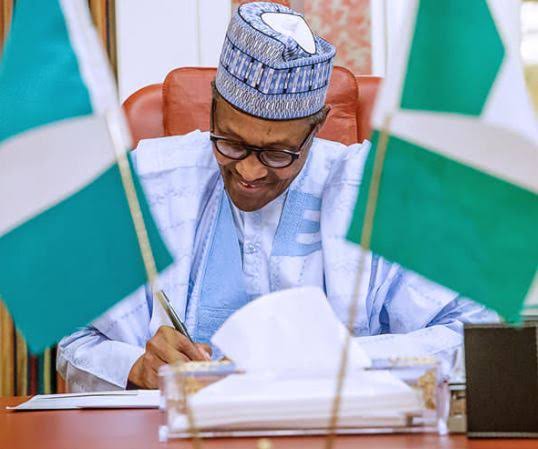


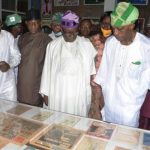




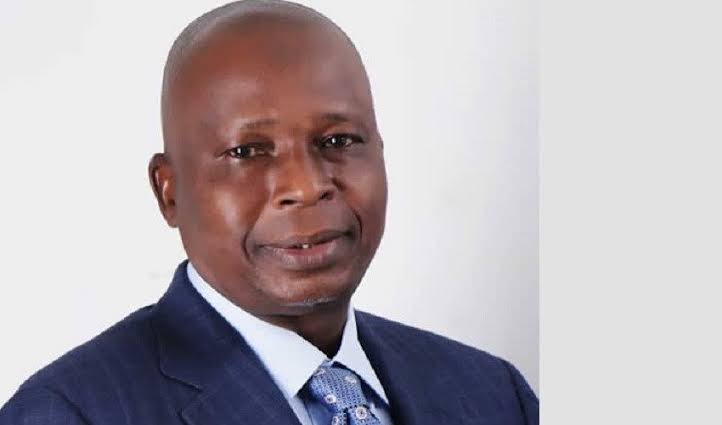


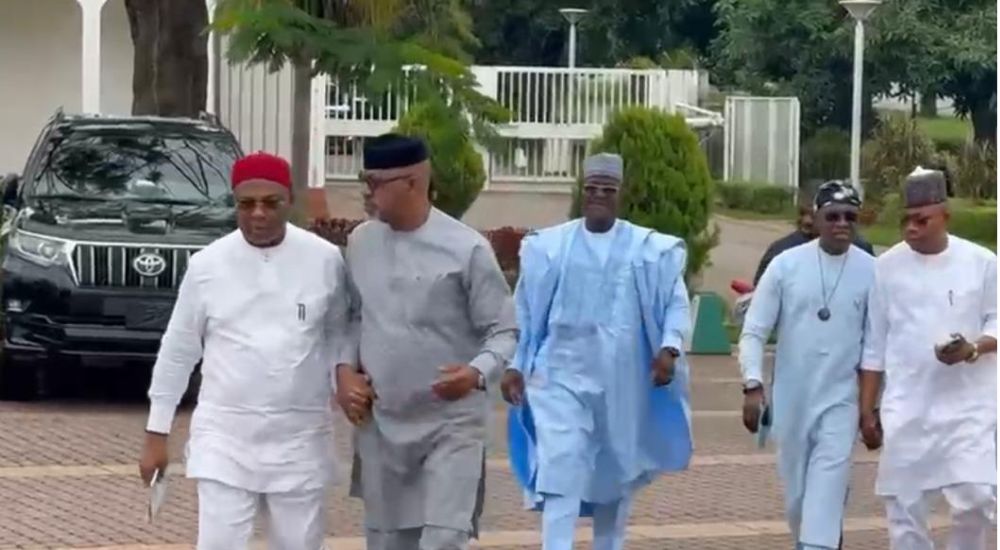
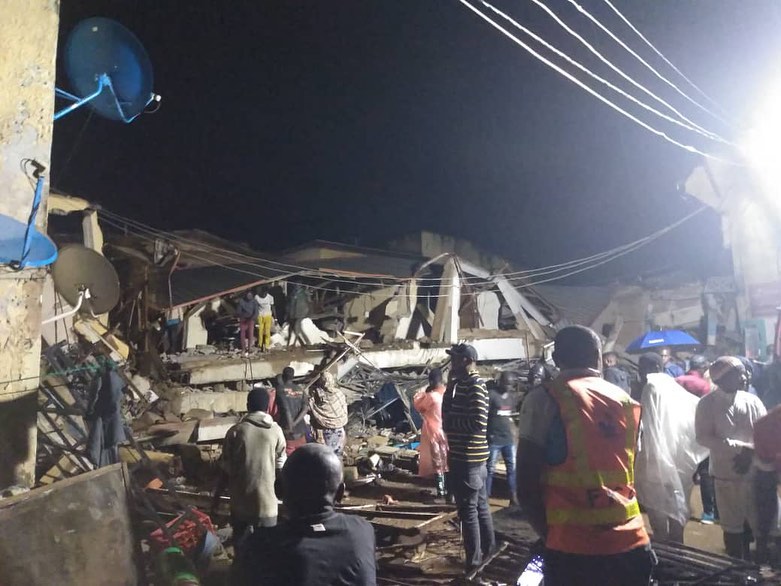
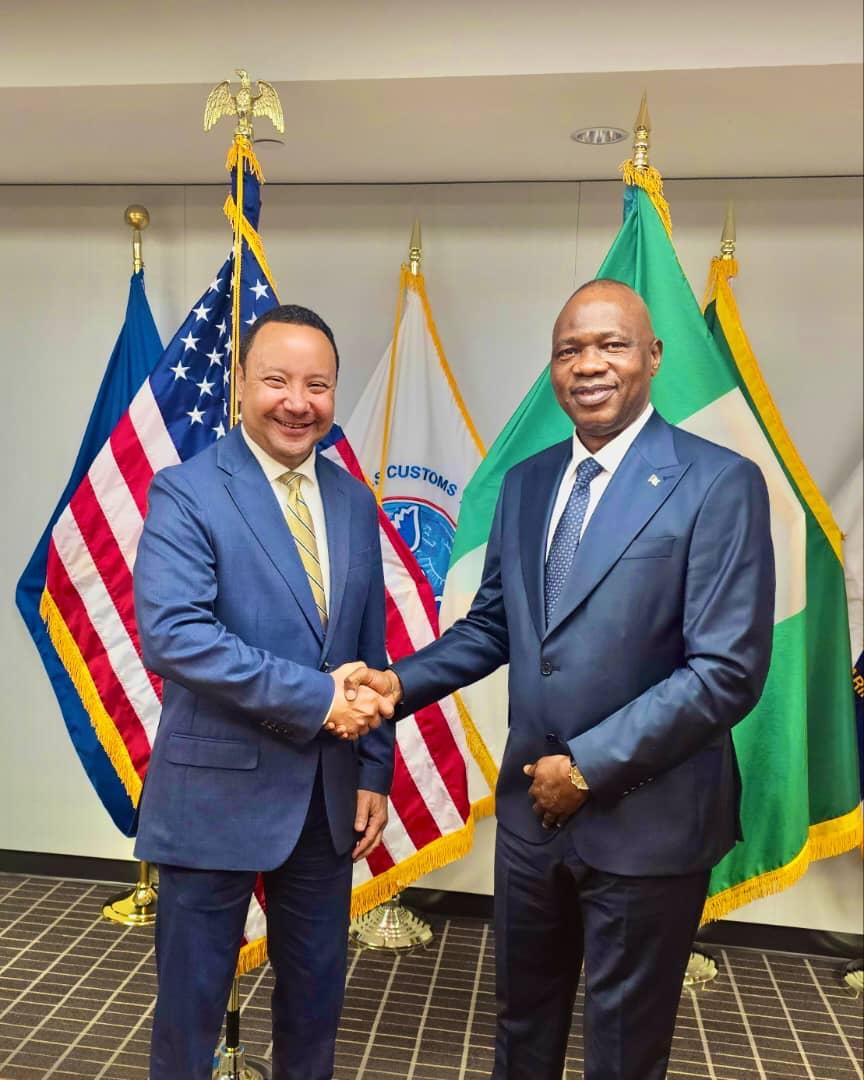
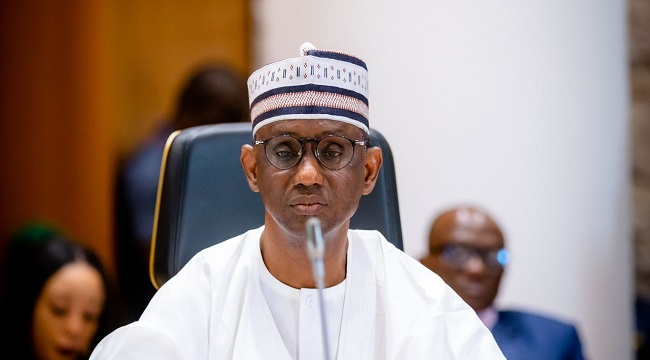
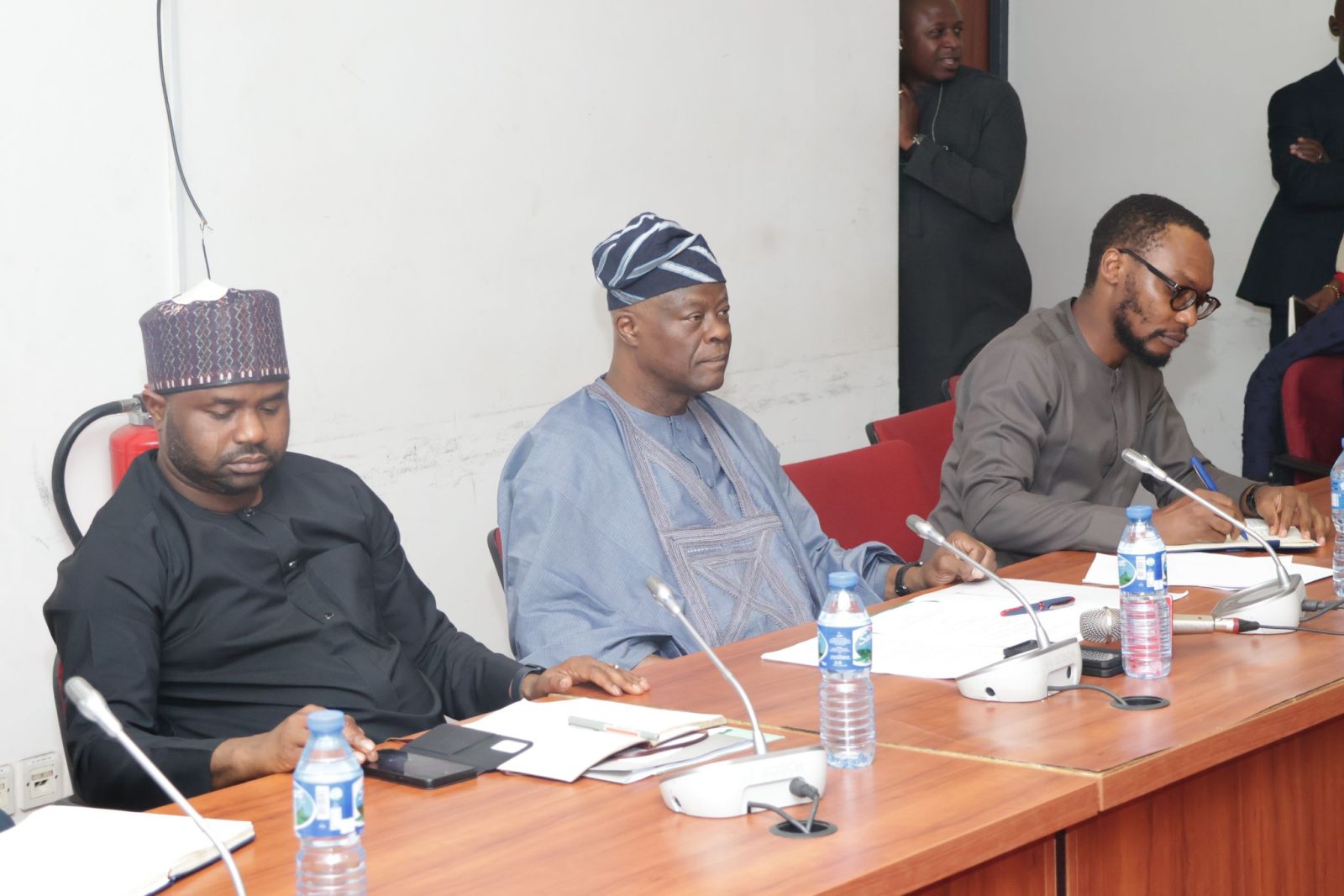
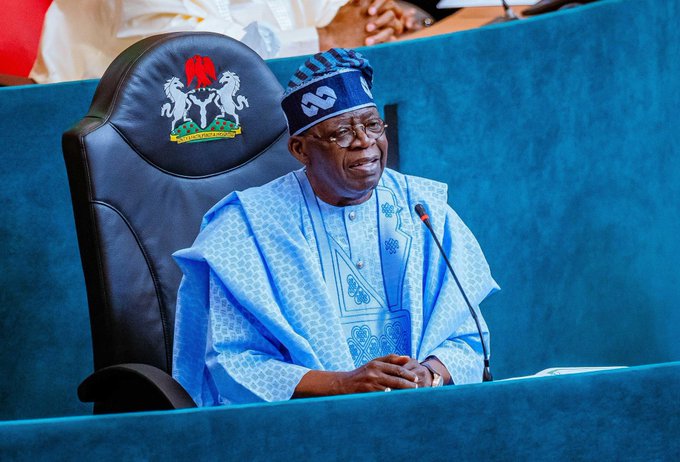

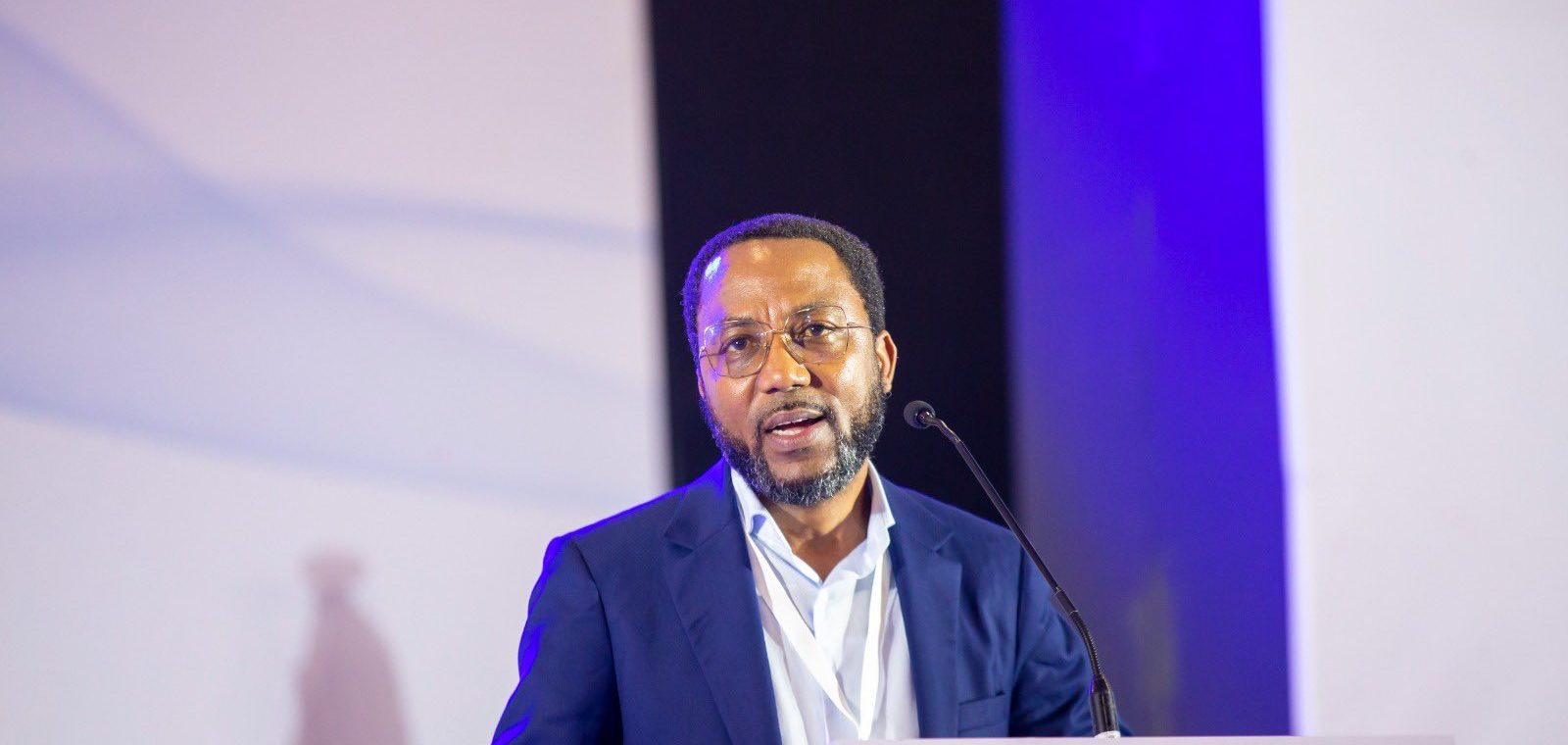
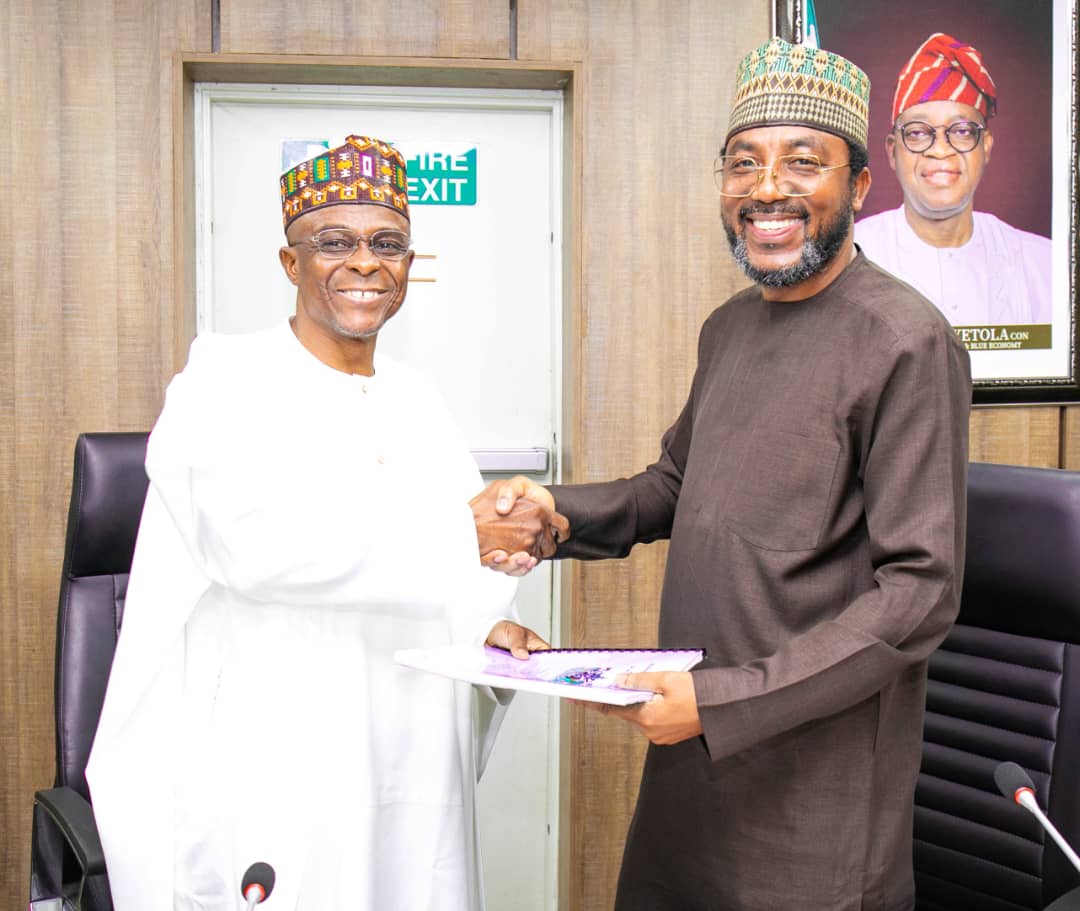

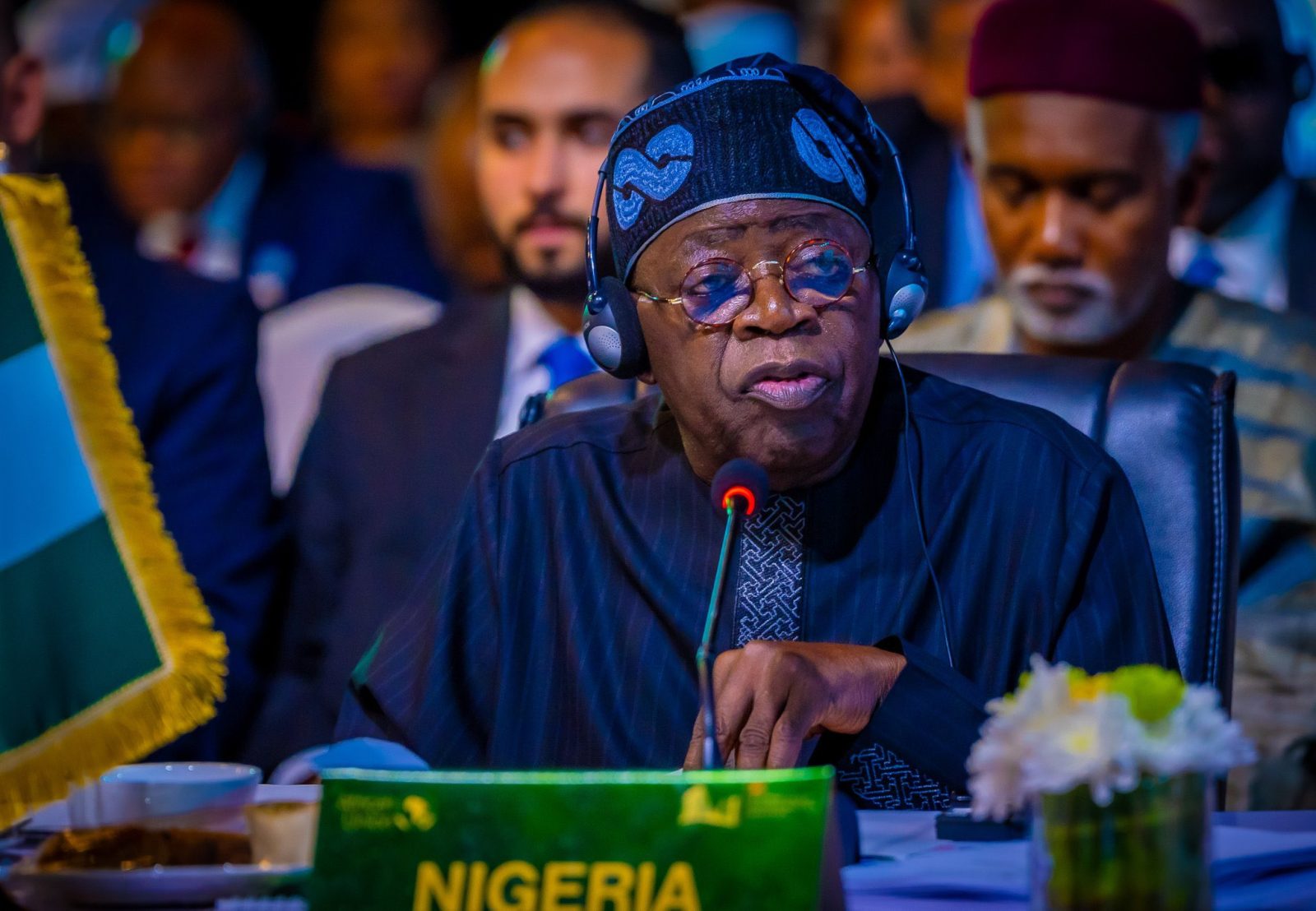
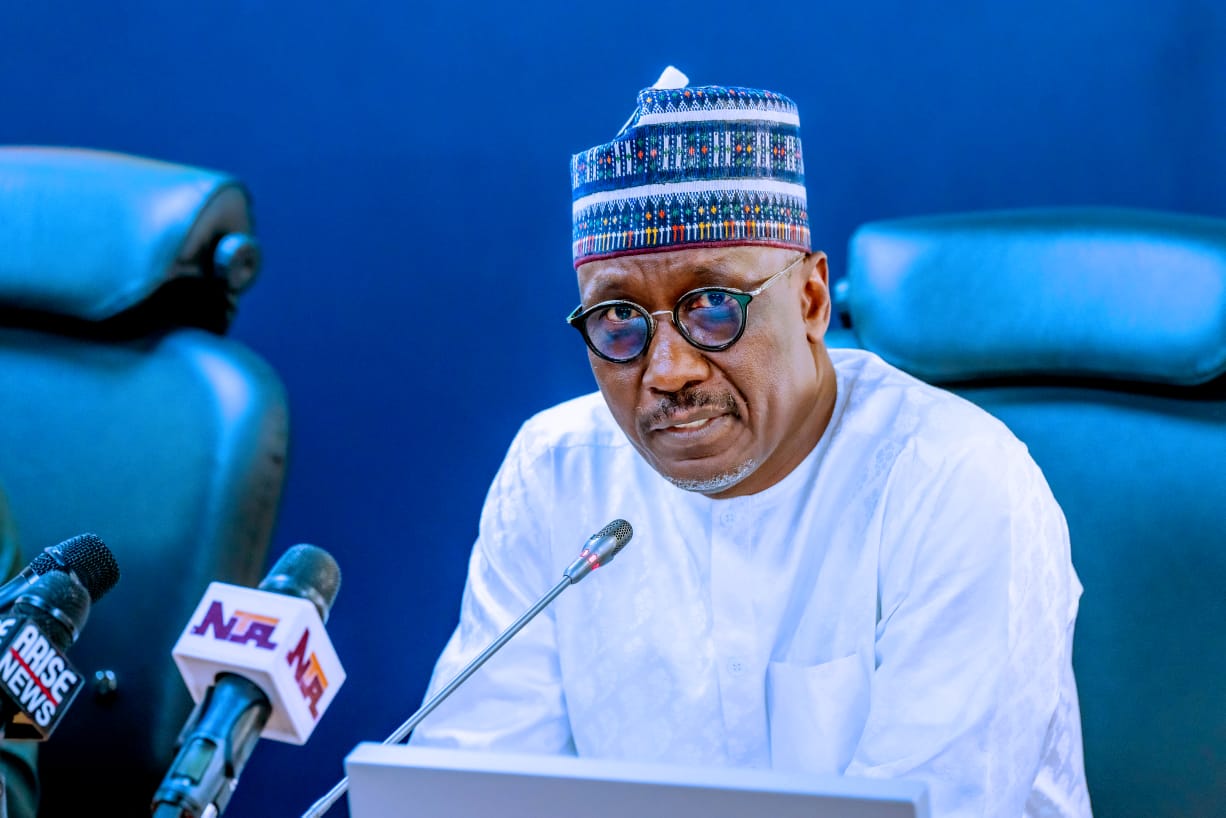


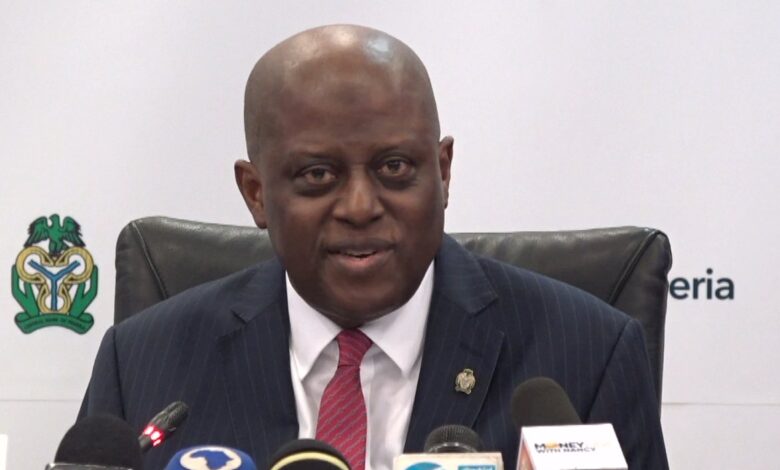
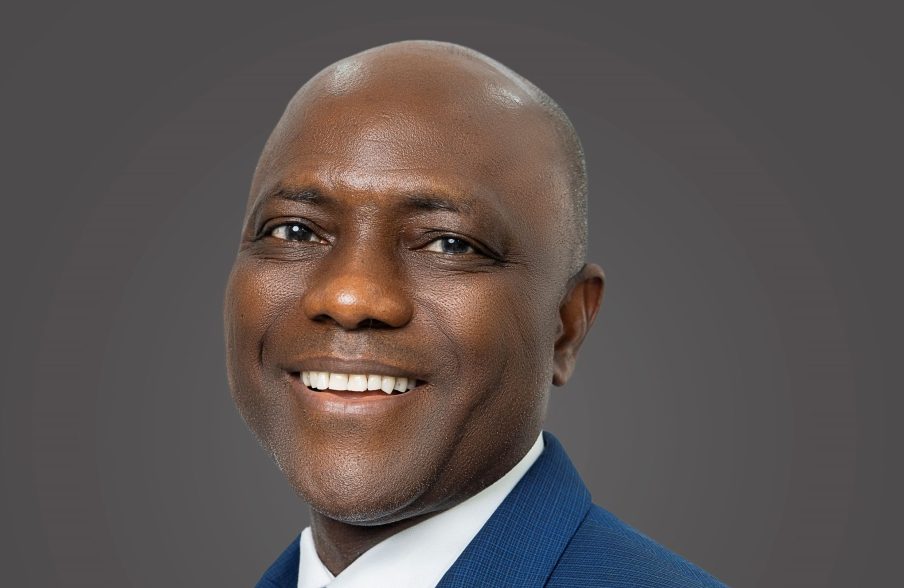
Leave a comment